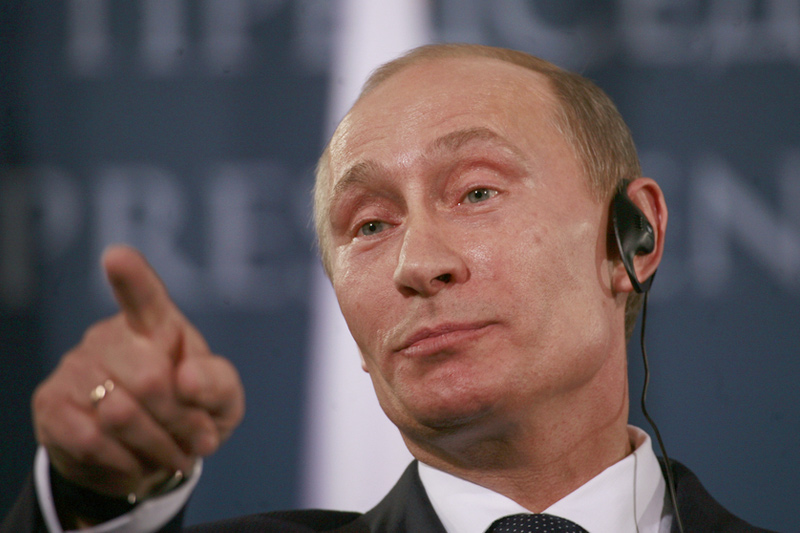Investing.com - Gold prices fell more than 1% on Tuesday, as investor demand for safe haven assets declined as tensions over the political and military crisis between Russian and Ukraine eased.
On the Comex division of the New York Mercantile Exchange, gold futures for April delivery fell to a session low of $1,331.70 a troy ounce. Prices last traded at $1,333.30 an ounce during U.S. morning hours, down 1.25%, or $17.00.
Gold futures rallied to $1,355.00 an ounce on Monday, the most since October 30, before trimming gains to settle at $1,350.30, up 2.17%, or $28.70.
Prices were likely to find support at $1,319.30 a troy ounce, the low from February 28 and resistance at $1,355.00, the high from March 3.
Meanwhile, silver for May delivery tumbled 1.8%, or $0.38 cents, to trade at $21.10 a troy ounce. The May contract ended Monday’s session up 1.15%, or $0.24 cents, to settle at $21.48 an ounce.
Silver futures were likely to find support at $21.02 a troy ounce, the low from February 27 and resistance at $21.74, the high from March 3.
Speaking at press conference earlier in the day, Russian President Vladimir Putin said he currently sees no need to use military force in Ukraine, but Russia has the option to do so. He added that use of military force is a choice of last resort.
Putin also said that sanctions against Russia would cause mutual damage and any threats towards Russia would be counter-productive.
Gold prices were already on the decline as the chance of military conflict in Ukraine eased after the Russian defense minister ordered troops engaged in military exercises close to Ukraine’s borders to return to their bases.
Futures rallied sharply on Monday as geopolitical tensions mounted after Russia's parliament authorized President Putin to use military force in Ukraine.
Elsewhere on the Comex, copper futures for May delivery rose 0.6% to trade at $3.191 a pound, as investors looked ahead to the start of China’s National People’s Congress annual meeting on Wednesday.
The latest meeting of the legislature, the first to be overseen by President Xi Jinping and Premier Li Keqiang, comes amid lingering concerns over the health of the country’s economy.
The Asian nation is the world’s largest copper consumer, accounting for almost 40% of world consumption last year.
